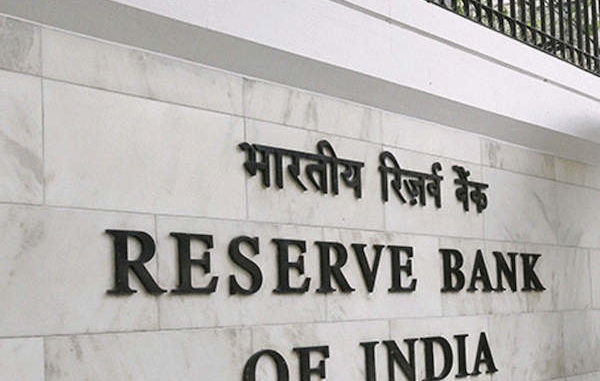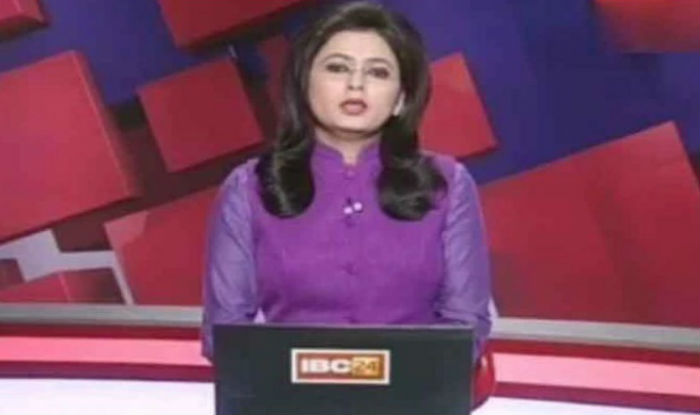

“Presently, we are witnessing an interesting strategic interaction. The government accepts that the economy needs more growth but insists that this can only come via private investment and the private sector awaits an improvement in growth before deciding whether to invest. It is not clear whether the basis of the government’s insistence on private investment alone is ideological or based on fiscal considerations. Whatever it may be, it is clear that if it does not get proactive now, it could be left waiting for a private investment that may not be forthcoming.”
The government accepts that the economy needs more growth but could end up paying for its inaction.
In 2005, a Nobel laureate in economics claimed that the “… problem of depression-prevention has been solved”. He was exulting over an innovation in economic theory according to which fiscal policy, associated with profligacy, had no role whatsoever. Just a few years later, following the North Atlantic financial crisis, the U.S. fiscal deficit had to be raised three-fold, he responded, “I guess everyone is a Keynesian in the foxhole”, implying that in the face of an impending crisis it is alright to rely on fiscal policy after all. A similar pragmatism is absent from economic policymaking in India today.
By meeting industrialists for policy inputs so soon after the Budget for the year had been presented and then, via a press conference held a few weeks later rolling back some of the tax proposals in it, the government revealed its anxiety about the state of the economy. This is only to be expected of a party that came to power promising to transform it. Far from having significantly improved the performance of the economy in its first term in office it has been presiding over an economy in which growth has been declining for close to two-and-a-half years by now. So what did the Finance Minister offer in her press conference? And can we expect it be game-changing?
Three sets of announcements pertain to concessions impacting upon the automobile sector, proposals for the banking sector and a change in a practice of the Income-Tax Department. Of the first it may be said that addressing the problems of any one sector when several are equally stressed is not fair governance. There have been reports of severe stress in the packaged foods industry for instance and we have long been aware that the agricultural sector has been troubled after demonetization.
Of the revision of the procedure adopted for issuing an IT notice, it can be said that it does address the issue of tax terrorism, but only a thorough social audit of the processes adopted by the tax authorities can establish whether it would be sufficient to ensure that honest firms are not be hounded and that the government receives all the revenue due to it. Industrialists are under pressure to not speak out against high-handedness, and the compulsory retirement of income tax personnel for malpractice recently point to not everything being well within that department. That leaves us with the proposals for the banking sector. Of these it can be said right away that some of them are quite sound; but if the government’s intention was to reverse the slowing of growth, they are unlikely to make much of a difference.
Infusion without reforms
Most significant among the measures related to banking is the infusion of capital up to ₹70,000 crore into the public sector banks. This is expected to contribute to a potential ₹5 lakh crore expansion of credit. With this the government has frontloaded a provision already announced in the Budget. This transfer is now going to be made right away. This is a major step in the direction of taking the banking sector to a more solid foundation. There is also a proposal to ensure that loan decisions taken by bankers are treated as economic decisions and not as instances of corruption when a loan goes awry.
Public sector banking has been hobbled by the colonial attitude that India’s public servants cannot be trusted, leading to a continuous surveillance that is not conducive to their exercising initiative in lending. At the same time, the present non-performing assets crisis points to the role of political pressure on banks in the past. Without addressing both these issues we can never transit to a strong banking sector. So the capital for the long-term infusion should have been accompanied by governance reforms that both enforce honest behavior and ring-fence the public banker from political pressure.
Policy rate cuts
Finally, there was the announcement that public sector banks will pass on more of the policy rate cuts that the Reserve Bank of India (RBI) has effected in several rounds by now. The government’s frustration at this not having happened is easily imagined but is the proposal for a near automatic adjustment sound by itself? It is tantamount to the lending rate of banks being determined by the RBI’s actions. There is after all the risk premium that banks tack on to their prime lending rate, which itself depends on factors other than the policy rate. Overall, the move towards having commercial bank rates move in tandem with the repo rate by fiat is not advisable. The decision should be left to the banks.
Let us, however, assume for a moment that lending rates are set to be lowered whatever be the mechanism. Will this revive the economy? It is apparent from the Finance Minister’s press conference that the government thinks this will happen. Generally, the potency of monetary policy in reversing sluggishness in the economy is considered to be weak. The belief among economists is that while a rise in the rate of interest can hold back a decision to invest by raising the cost of finance, an interest rate reduction can do little in the absence of an urge among investors to commit capital. A lack of understanding of the factors governing investment is evident in the suggestion often seen in the press that the government must ‘revive animal spirits’ in the economy. Animal spirits were originally imagined as the spontaneous urge to either undertake investment or hold back from it. The expectation of future profits is the key element here for potential investors. The government can have a role only if it can affect long-term profit expectations. Certainly not by lowering interest rates.
Focus on private investment
Presently, we are witnessing an interesting strategic interaction. The government accepts that the economy needs more growth but insists that this can only come via private investment and the private sector awaits an improvement in growth before deciding whether to invest. It is not clear whether the basis of the government’s insistence on private investment alone is ideological or based on fiscal considerations. Whatever it may be, it is clear that if it does not get proactive now, it could be left waiting for a private investment that may not be forthcoming.
Our experience of the five years of very high growth over 2003-08, when the economy grew at its fastest ever, tells us that three factors had played a role in it. These were unusually high rates of agricultural growth, record levels of public investment and buoyant exports. The package announced by the Finance Minister on August 23 did not relate to any of these. Of course, exports depend to an equal extent on factors beyond India’s control but the government could have addressed the other two factors. Notably, it had nothing for the rural sector which clearly needs attention. For a start an expansion of the Mahatma Gandhi National Rural Employment Guarantee Scheme, with attention paid to building assets that most strongly impact agricultural output, may be considered. As for public investment, it is the elephant in the North Block. The government is reluctant to step it up, harping on fiscal space, but fiscal space is for a smart government to make up. Instead this one shrunk the space for public investment by introducing an income scheme exclusively meant for farmers just before the elections and then expanding it soon after it returned to power. It was a case of rewarding political support rather than attending to the needs of an economy known to be slowing. When in the foxhole you imagine that you are on a mountain top, you end up paying for your fancy.
(The author is Professor, Ashoka University, Sonipat and Senior Fellow, IIM Kozhikode)





Be the first to comment